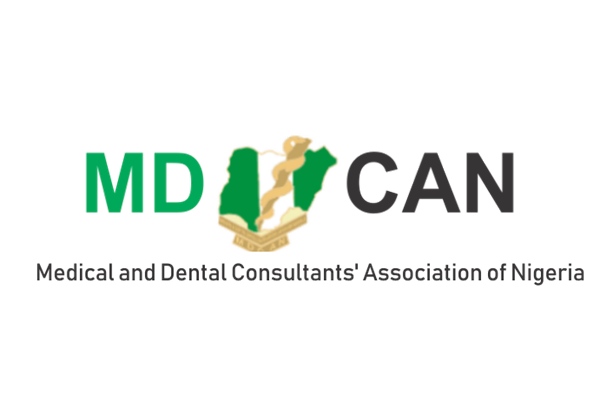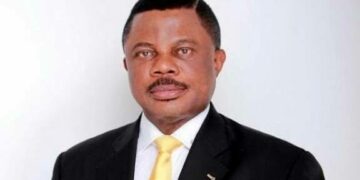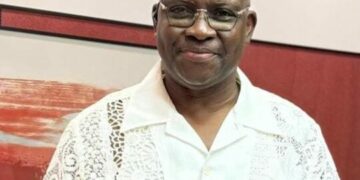The Medical and Dental Consultants Association of Nigeria (MDCAN) has advocated for a living wage for doctors across the country.
The association stated that a minimum wage was not only unsustainable for doctors but also for all health workers amid severe economic challenges in the country.
It noted that the continuous decline of Nigeria’s economy was taking a heavy toll on healthcare delivery and the general wellbeing of citizens.
The association raised the concern during its 14th Biennial Delegates’ Meeting and Scientific Conference held in Enugu with the theme, “Otanisi Psychosis: The Mental Health Implications of the Dwindling Socioeconomic Fortunes of Nigerians.”
National president of MDCAN, Prof Muhammed A. Mohammed, linked the mass migration of medical personnel to the Western world to Nigeria’s poor economic climate, which he said had led to low remuneration of health workers and infrastructural decay in hospitals.
He explained that the biennial conference provides an opportunity for members to review progress, assess challenges and recommend solutions.
On the exodus of doctors, popularly known as “japa,” he noted that, “Human migration predates history, but every cycle comes with its specification. In 1985, there was also a wave of migration, but we were able to put things in place to reverse it.
“The current situation is different; it is multifactorial. Insecurity is there; welfare is there. We advocate that remuneration, which is key, be increased. Not just for consultants or doctors alone, but for all healthcare workers.”
He stressed that Nigerian doctors deserve a “living wage” rather than a minimum wage, urging the government to see improved welfare as a patriotic investment that could encourage those who have left to return.
Representing the Minister of State for Health, Dr Iziaq Adekunle Salako, the Vice Chancellor of the Federal University of Medical and Allied Health Sciences, Enugu State, said the federal government was taking steps to address the shortfall in medical personnel.
“The Ministry of Health is addressing the issue by doubling the quota in medical schools.
“We cannot manufacture doctors except by training them. The policy now is to equip medical schools with stronger capacity so they can train more students without compromising quality,” he said.
In his welcome address, the chief medical director of the University of Nigeria Teaching Hospital (UNTH), Ituku Ozalla, Prof Obinna Onodugo, urged MDCAN members to work harmoniously for better healthcare delivery.
Also, the grand patron of Enugu Council of Traditional Rulers and the traditional ruler of Ihuokpara Community in Nkanu East, H.R.M. Igwe F.O. Nwatu, expressed gratitude to MDCAN for a free medical outreach in his community.
“I was left speechless because it was massively unprecedented,” Igwe Nwatu said.
Earlier, the vice president of MDCAN and chairman of the Local Organising Committee, Prof Apollos Chidi Ndukuba, drew parallels between Nigeria’s present economic hardship and the austerity era of the 1980s.
“Anyone in his forties or fifties will recall the early 1980s when Nigeria experienced severe economic crunch, leading to starvation and visible malnutrition. In Igboland, it was called Otanisi – a transliteration of austerity.
“Today, Nigerians are again being thrown into similar hardship.
“That is why we chose the theme ‘Otanisi Psychosis’ to highlight the mental health implications of this economic decline,” he explained.
The chairman of the Medical and Dental Consultants Association, UNTH, Ituku Ozalla chapter, Dr Uchenna Dilibe stated that the theme of the Biennial Conference was carefully chosen due to the economic downturn being witnessed in Nigeria and its consequences not only to medical personnel but to every Nigerian.
He also reiterated that the infrastructural deficit in the various government hospitals, as well as the remuneration of doctors and other health practitioners, should be looked into for better service delivery.




